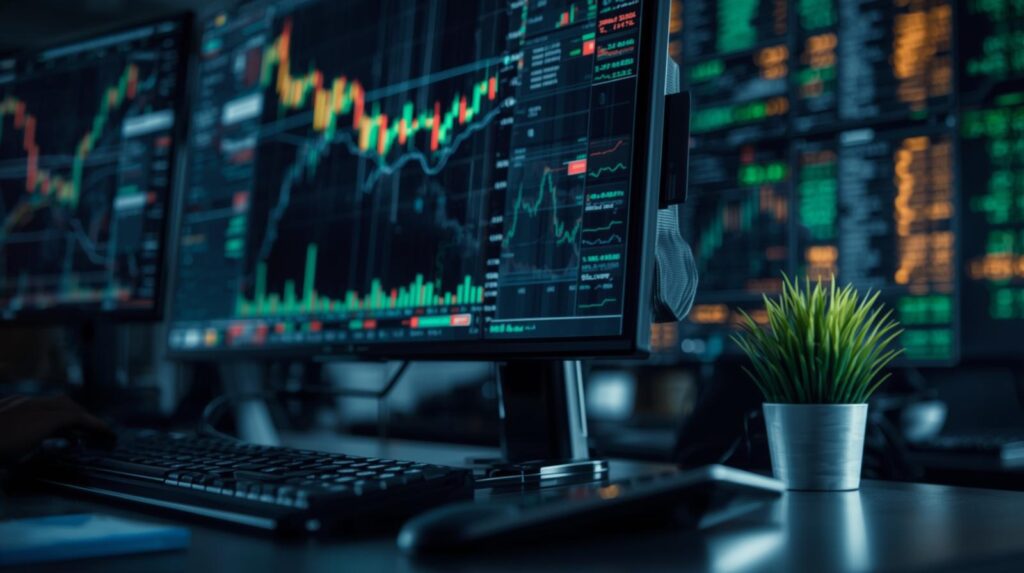In a wild turn of events, short sellers who bet against GameStop Corp. are feeling the sting of heavy losses as the company’s stock price has skyrocketed, nearly tripling in just one month.
GameStop’s shares, often the center of attention in meme-stock mania, experienced a staggering 119% surge in trading on Monday, prompting multiple halts due to volatility. As the stock soared by approximately 185% in May alone, short sellers found themselves staring at mark-to-market losses totaling a whopping $1.4 billion, according to data from S3 Partners.
Despite the initial surge, GameStop’s stock eventually settled to a still-impressive 65% gain by mid-morning in New York.
This frenzy is reminiscent of the meme-stock craze that captivated the public in 2021, as retail investors fueled dramatic surges in stock prices, often at the expense of short-selling hedge funds. Notably, Gabe Plotkin’s Melvin Capital Management suffered significant losses during this period, while early investors in meme stocks like GameStop enjoyed substantial gains before the bubble burst.
Until recently, short sellers betting against GameStop seemed to be in control, having amassed an estimated $400 million in profits from January to April, according to S3 data. However, the recent surge in stock price has erased those gains, leaving skeptics in the red once again.
While the percentage of GameStop shares sold short remains elevated at around 24%, it pales in comparison to the levels seen during the 2021 frenzy, which reached as high as 140%. Despite this, the cost of betting against GameStop has risen sharply in recent days, with borrowing costs exceeding a 10% annual financing fee, according to S3 data.
As GameStop’s stock continues to capture the attention of both investors and traders alike, the ongoing saga serves as a reminder of the unpredictable nature of meme-stock volatility and its potential to wreak havoc on financial markets.
Key Takeaways:
1. GameStop’s stock price has surged dramatically, nearly tripling in May, causing significant losses for short sellers, totaling $1.4 billion.
2. The meme-stock phenomenon surrounding GameStop has resurfaced, reminiscent of the frenzy seen in 2021, with retail investors driving up stock prices.
3. Short sellers, who were previously profitable, have seen their gains wiped out by the recent surge in GameStop’s stock price.
4. Despite the elevated level of short interest in GameStop, it remains below the levels seen during the peak of the 2021 frenzy.
5. The cost of betting against GameStop has risen sharply, indicating increased risk and volatility in the market.
6. The ongoing saga of GameStop’s stock serves as a reminder of the unpredictable nature of meme-stock volatility and its potential to disrupt financial markets.
Also read: Top 10 Billionaires See Colossal Gains, Elon Musk Leads the Pack

















